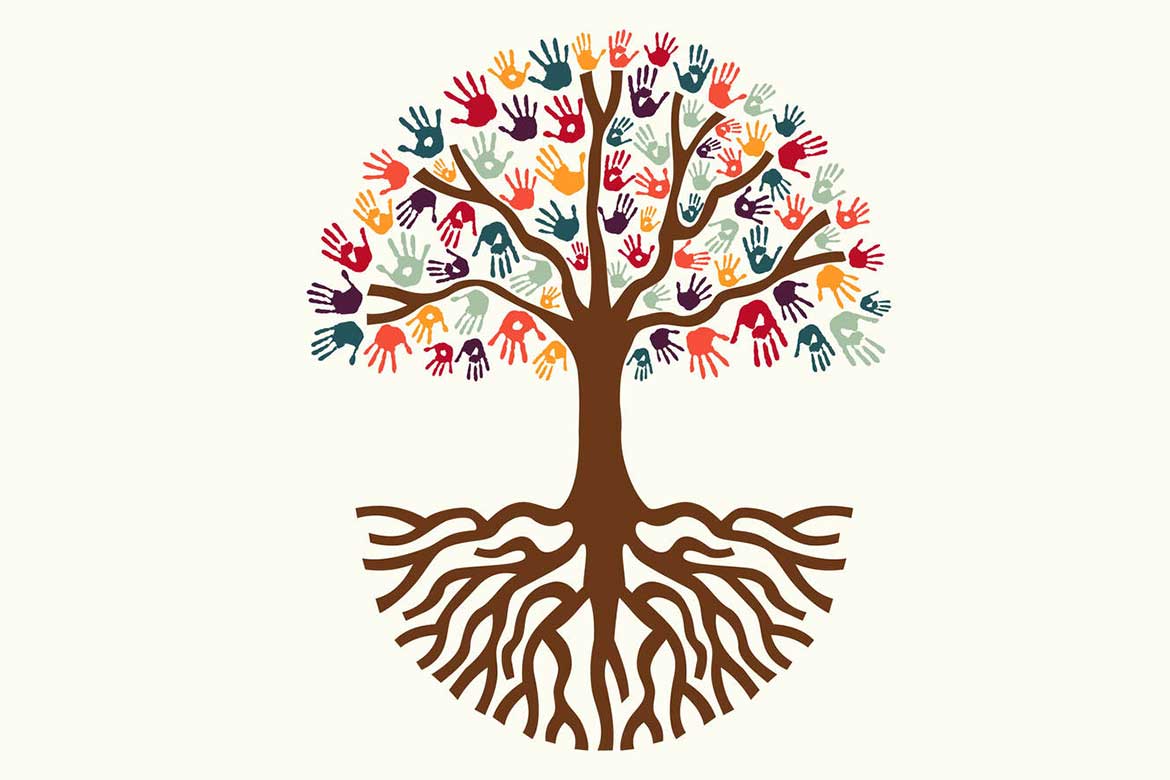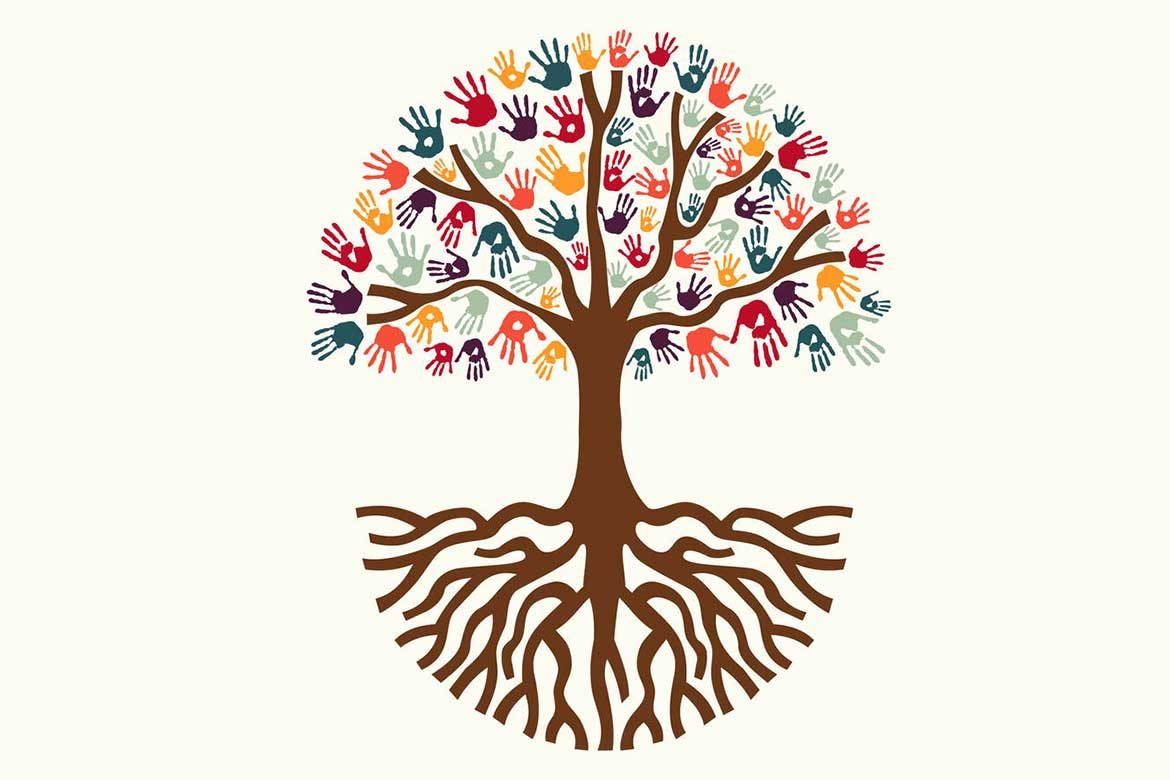


Support Groups
Partial Topics are Mentioned Below
Our Workshops Cover a Plethora of Topics Related To many Aspects of Emotional Well-Being & Wholehearted Living.
How It Works
Support groups work on the principal of self-disclosure, where participants share stories and information about their own emotions, thoughts, and behaviors. However, people are welcome to share as little or as much as they like. Self-disclosure can be powerful because it reminds people that they are not alone and that others have persevered and even flourished despite challenging times.
However, not everyone feels ready to share personal information with strangers right away, so it’s okay to just listen until you feel ready. Often listening to other people’s stories can provide comfort and provide needed information, and this can prepare you to support others you may encounter in the future who are struggling with similar challenges.
BENEFITS OF SUPPORT GROUPS
-Makes you feel less lonely, isolated or judged
-Reduces distress and fatigue
-Helps you to talk openly and honestly about your feelings
-Improves your skills to cope with challenges.
Also, when you are part of a support group, members provide each other with various types of help, making you feel empowered and there is a sense of community. For example, help in the form of empathetic understanding, providing relevant information and establishing social networks.
WHAT IS A TYPICAL SESSION LIKE
Our support groups meet on a preset frequency. Members pay a nominal amount to attend. Each session typically lasts for 1-2 hours. Meetings will be facilitated by trained therapists to ensure each member is respected and heard. In some instances, we also have peer support groups where a long term member takes on the role of moderator. In our experience this sometimes provides comfort and camaraderie knowing that even the moderator has been through the same challenges. Support groups differ in being open or closed, group size, norms for sharing, conflict resolution guidelines, maintaining boundaries, etc. We suggest you clarify these points before joining.

